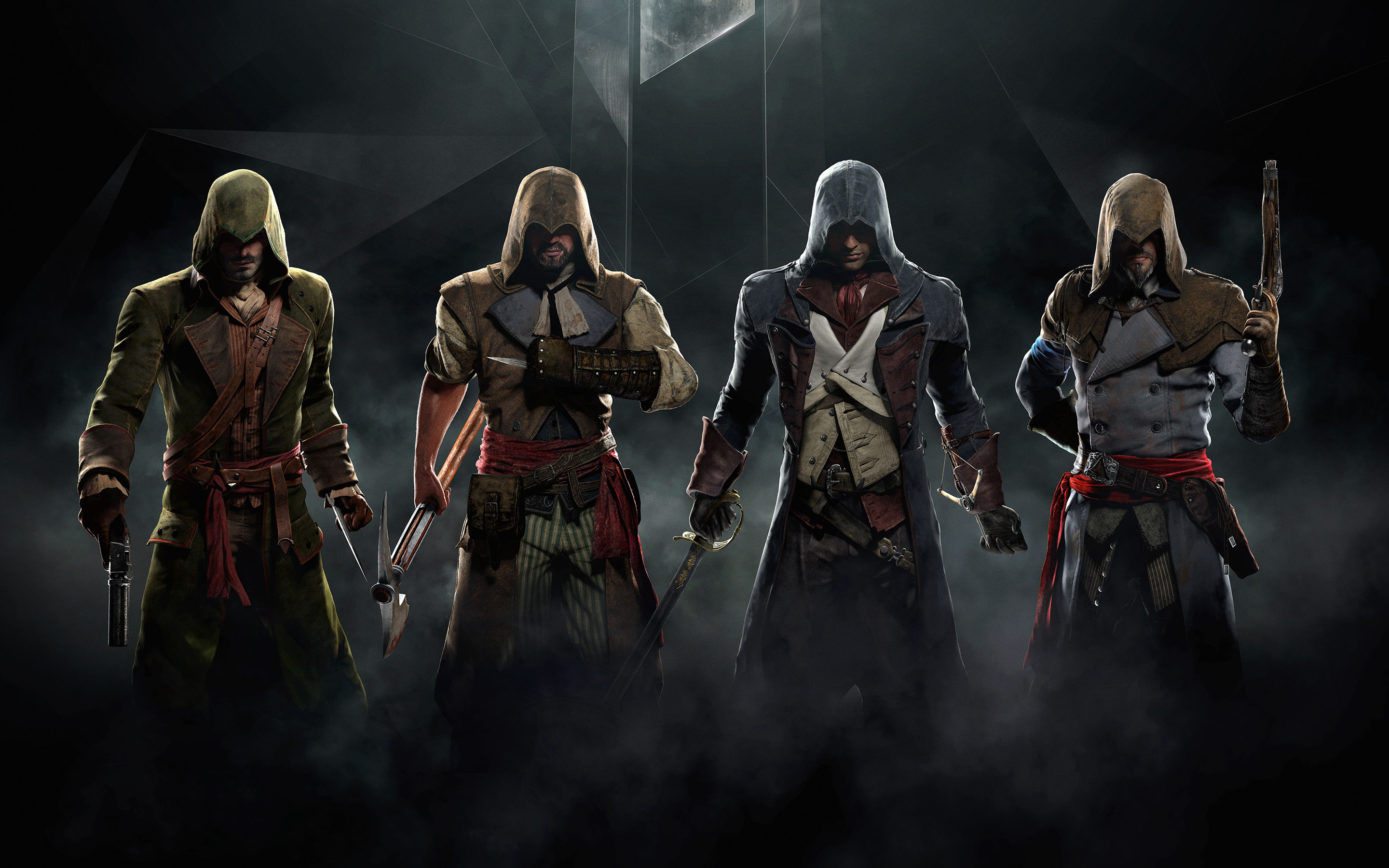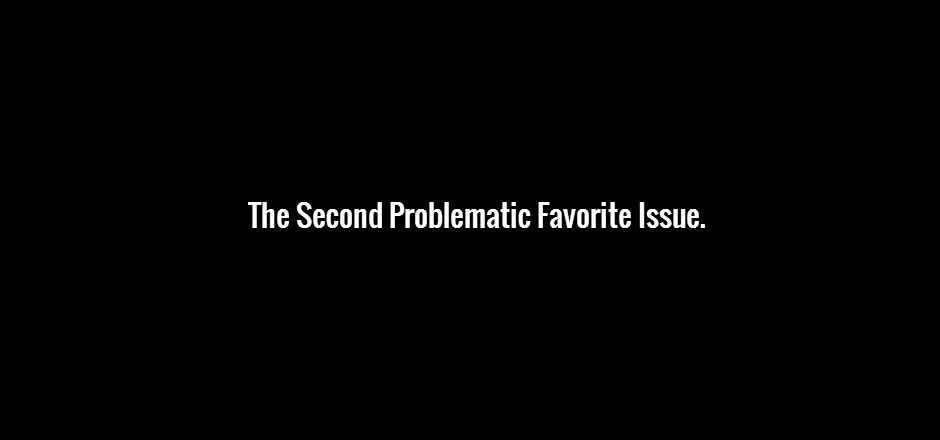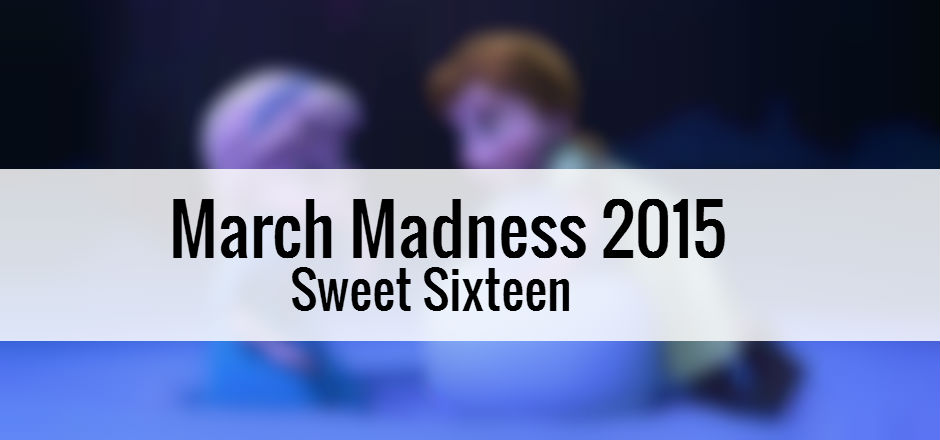2014 is in its final hours, and as we close out our second year at Girls in Capes, I couldn’t be more grateful for the wonderful staff and the work they’ve done this year. Staff writers looked at the transition from girlhood to womanhood in The Women in Capes Issue; they brought out the worst in their favorite things in The Problematic Favorite Issue.
While it’s hard to choose favorites, I’d like to present — in the order in which they were published — my favorite articles of 2014 from each writer on staff.
—
Don’t Just Pull the Trigger by Alan Beyersdorf

[dropcaps]W[/dropcaps]e talk about anime quite a bit at Girls in Capes, but The Animation Issue‘s Psycho-Pass article, Don’t Just Pull the Trigger, was a different examination of a series: instead of a simple review, Alan touched on some of the heavier issues in Psycho-Pass related to the sci-fi series’ system of justice, a computer program called the Sybil System.
There’s so much to be said about ethics in Psycho-Pass, and Don’t Just Pull the Trigger touches on a number of them. It makes a good jumping-off point for a discussion of ethics in anime, and it’s a great place to start.
An Awesome Wolf Mom and her Kids: Wolf Children Ame and Yuki by Janelle Smith
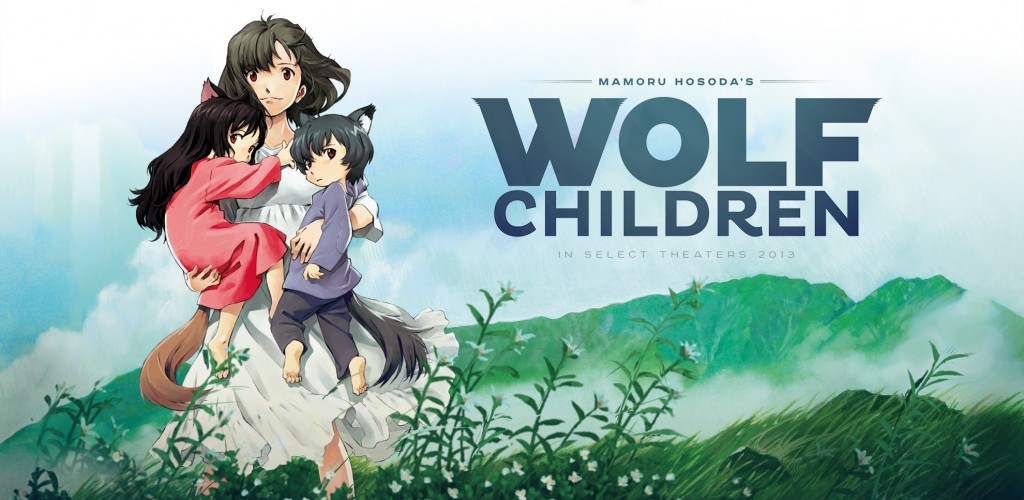
[dropcaps]S[/dropcaps]ometimes, it’s good to take a step away from the darker parts of entertainment to just appreciate the lovely things that entertainment provides, and one of those lovely things includes TV & Film Writer Janelle Smith’s review of the anime film Wolf Children Ame and Yuki.
Wolf Children’s premise — of a human woman raising two half-wolf children after her wolf husband dies in an accident — is a charming one, and Janelle’s discussion of her favorite parts of the movie can brighten a person’s day. For those who haven’t seen the film, definitely see what she has to say about the film and then hurry up and watch it, for goodness’ sake.
Why E3 2014’s Assassin’s Creed Reveal Isn’t Just About AC by Joel Wallick
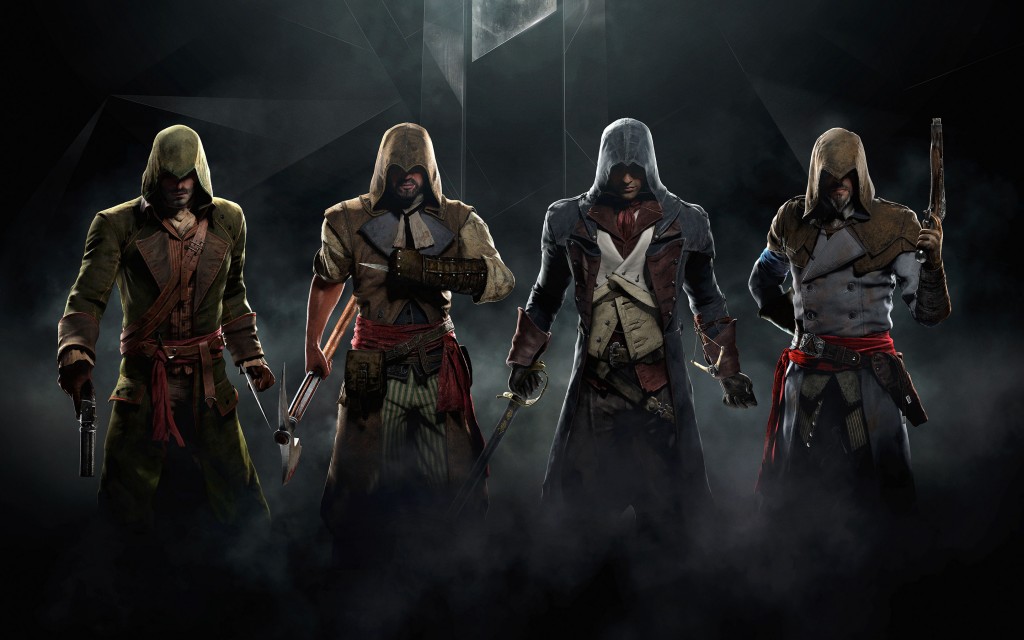
[dropcaps]T[/dropcaps]his year’s E3 was (in a few different ways) pretty disappointing, and Gaming Writer Joel Wallick wrote a very on-point piece for The Blockbuster Issue on Ubisoft’s announcement about Assassin’s Creed 4: Unity and why none of the playable characters would be female.
While he pointed out Why E3 2014’s Assassin’s Creed Reveal Isn’t Just About AC, Joel pointed out a number of issues in pop culture, from E3’s male-dominated lineup to why animators find half the population just so freakishly difficult to animate, concluding with one of my favorite quotes of the year in his call to action for game developers: “Stop being lazy, and stop acting like 15-year-old boys are the only people buying your games.”
Sam & Dean’s Refrigerator: How Supernatural’s Female Character Roster Fails by Allison Racicot

[dropcaps]T[/dropcaps]here’s no doubt in my mind that October’s Problematic Favorite Issue resulted in some of the best work of 2014, including my favorite piece from our audiobook reviewer, Allison Racicot, on the repeated fridging of female characters on the CW show Supernatural.
In Sam & Dean’s Refrigerator: How Supernatural’s Female Character Roster Fails, Allison lays out how the female characters of Supernatural are slammed into refrigerators or, in the cases of female villains, simply written out in a fizzle instead of the bang they deserve.
Not Like Other Girls: Toxic Archetypes of Young Adult Literature by Lorraine Acevedo Franqui

[dropcaps]I[/dropcaps]t was really difficult to choose a favorite out of all the fantastic work Lorraine’s done this year — she did a really fantastic series on how fans treat female characters and a piece on how young adult and new adult novels show the transition into womanhood — but when it gets down to it, Not Like Other Girls: Toxic Archetypes of Young Adult Literature in The Problematic Favorite Issue stood out the most.
An exploration of the worst habits in YA literature, Not Like Other Girls looked at not only the worst archetypes in female protagonists, but also examined what makes the “villainous” high school girl archetypes so damaging in the grand scheme of things. It is a must-read for readers and writers of YA fiction alike — because, as Lorraine points out, adhering to these archetypes creates an ugly message, and YA readers deserve better.
“You’ll Be In Love Until it Kills You Both”: The Big Problems of Spuffy by Christina Casano

[dropcaps]A[/dropcaps]s I mentioned, The Problematic Favorite Issue contained some of the best work of the year, and Christina’s article on the incredibly problematic Spuffy ship in Buffy the Vampire Slayer is definitely another great addition to that list.
The article goes through the development of Buffy’s relationship with Spike over the seven seasons the show spans, and she doesn’t shy away from calling out the abusive nature of that relationship. In her conclusion, Christina says that “As a fan of the ship, it’s hard to take a step back and really look at the problems involved, but it’s necessary in order to be an active viewer and member of a fandom,” which is one reason I felt this was my favorite article from this writer for the year.
Wintery Comparisons: The Frost Giant and the Winter Soldier by Gabby Taub

[dropcaps]A[/dropcaps]nother difficult decision: choosing a favorite from the fantastic work Gabby’s done in 2014. But inevitably, it was going to be something Winter Soldier-related, and eventually I settled on her piece from The Winter Is Coming Issue, which compares the villainy (and not-so-villainy) of Loki and Bucky Barnes.
The Frost Giant and the Winter Soldier would have made a great fit for the Problematic Favorite Issue: it breaks down fan-favorite Loki’s actions as active decisions he makes as a person with autonomy and disassembles the argument that the Winter Soldier is a villain based on the idea that Bucky, as an individual, has no autonomy at all, making him the gun instead of the shooter. A great piece for Marvel Cinematic Universe fans and, in my opinion, one of the best articles of the year on the site.
—
Feliza Casano couldn’t be more proud of the work she’s had the opportunity to edit as editor in chief at Girls in Capes. She writes for all sections of the site, and she’s the one behind GiC’s Facebook and Twitter. Follow her on Twitter @FelizaCasano.
Curious about last year’s Best of Girls in Capes? Check out the Best of 2013 edition here.
